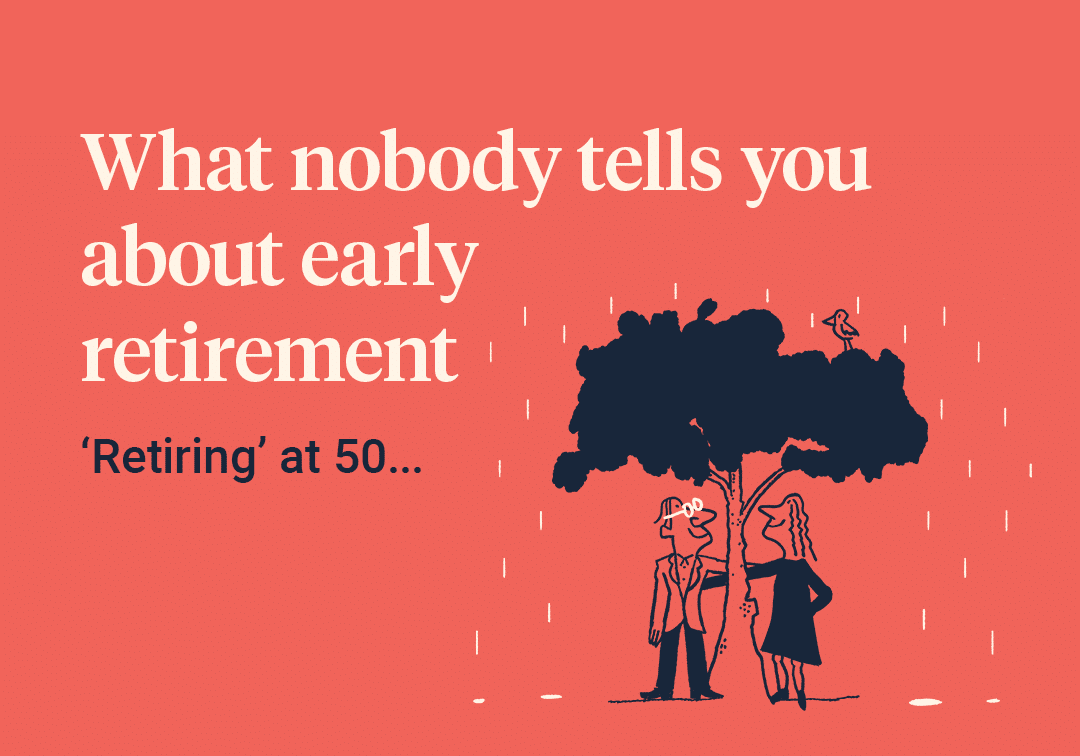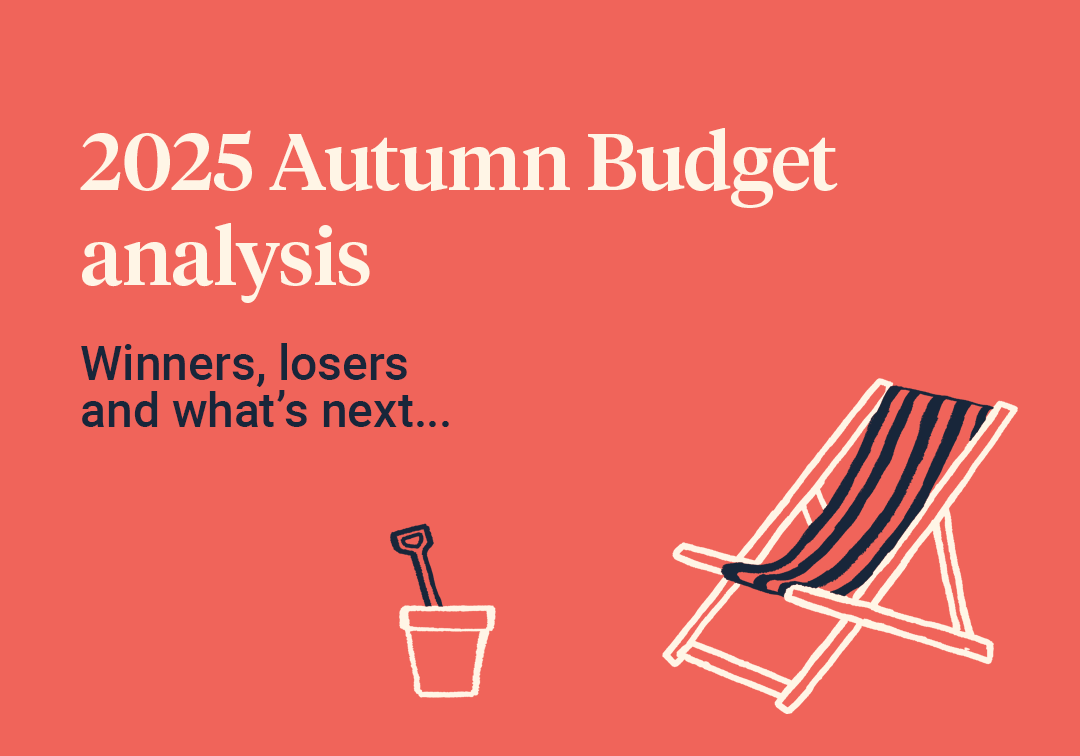Capital Gains Tax (CGT) requires major reform. At least, that is the Institute for Fiscal Studies’ (IFS) view. They published a report on the 6th of October, ahead of the Autumn Budget advocating the alignment of CGT with marginal Income Tax rates.[1][2]They underpinned this with recommendations for significant change to the way the tax is generally implemented. This is not the first time we have heard this either. The Office of Tax Simplification (OTS) published a policy paper on CGT for the then Chancellor, Rishi Sunak, in 2020.[3] In the paper, they suggested reducing the annual exempt amount, closely aligning Capital Gains Tax rates with Income Tax rates and the end of what used to be called ‘Entrepreneurs Relief.’ You would be forgiven for thinking the same people produced both reports. Since the OTS’s paper, the individual annual CGT exemption has been slashed from £12,300 down to £3,000, in line with their recommendations. So, is it time for the rest?
During the 2024 election campaign, Labour consistently asserted that Income Tax, National Insurance, VAT, and Corporation Tax would not be raised. Yet, they remained quiet regarding Capital Gains Tax. They were purposeful in leaving it out. It left the door wide open to increase this tax if they needed to. Then came the Chancellor’s first financial statement to Parliament. In it, she identified a significant ‘black hole’ in the public’s finances to the tune of £22 billion.[4] Something the Government have been clear they will need to address in the upcoming “tough” budget. One thing I would be happy to stake my mortgage on, is that taxes are going to increase in October. Where and how are the questions. However, as aforementioned, headline tax rises were ruled out in the Labour manifesto and ‘taxing the rich’ is a reasonably straight forward political presentation when it comes to CGT. This is despite the fact that the reduction in the annual exemption to £3,000 can easily mean ‘ordinary working people’ may now find themselves with CGT exposure. As such, if I had to pick the main taxation in the crosshairs, it would be Capital Gains Tax.





